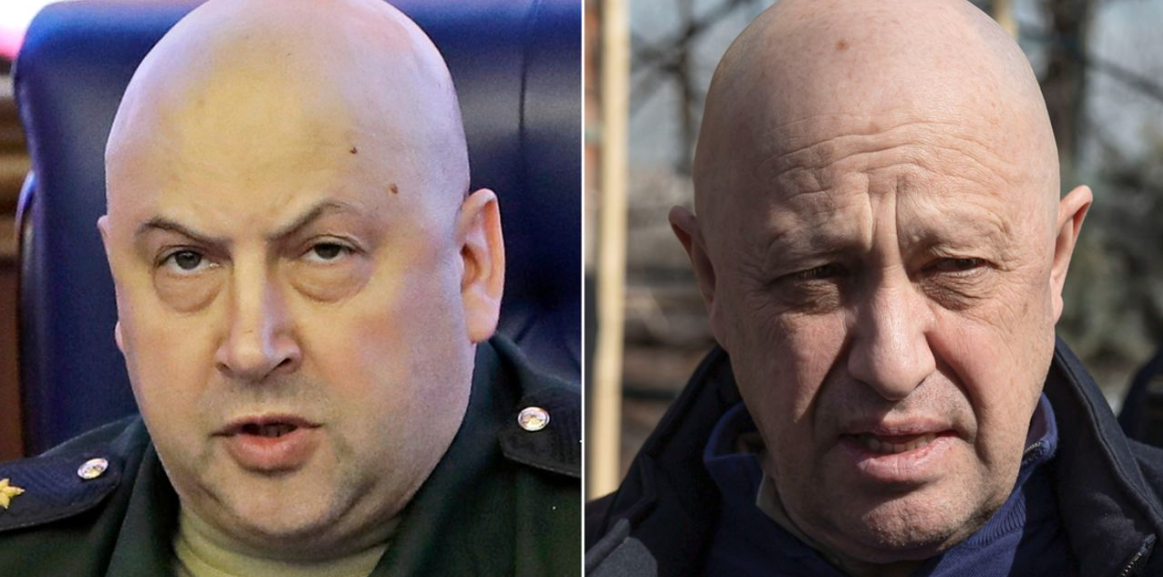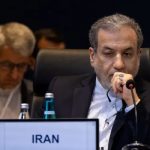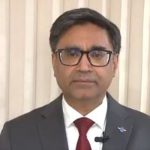Kathmandu: Valery Gerasimov, Russia’s top general, has not appeared in public or on state TV since the aborted mutiny on Saturday when mercenary chief Yevgeny Prigozhin demanded Gerasimov be handed over.
Gerasimov, 67, is the commander of Russia’s war in Ukraine, and the holder of one of Russia’s three ‘nuclear briefcases,’ according to some Western military analysts.
Absent from view too is General Sergei Surovikin, nicknamed ‘General Armageddon’ by the Russian press for his aggressive tactics in the Syrian conflict, who is deputy commander of Russian forces in Ukraine.
A New York Times report, based on a U.S. intelligence briefing, said on Tuesday he had advance knowledge of the mutiny and that Russian authorities were checking if he was complicit.
The Kremlin on Wednesday played down the report, saying that there was and would be a lot of speculation and gossip.
The Russian-language version of the Moscow Times and a military blogger reported Surovikin’s arrest, while some other military correspondents who command large followings in Russia said he and other senior officers were being questioned about their possible role in the mutiny.
There were unconfirmed Russian media and blogger reports on Wednesday evening that Surovikin was being held in Moscow’s Lefortovo detention facility after being arrested.
Alexei Venediktov, a well-connected journalist, said – without citing his sources – that Surovikin had not been in touch with his family since Saturday and that his bodyguards had gone silent too.
Rybar, an influential channel on the Telegram messaging application run by a former Russian defence ministry press officer, said a purge was underway.
He said the authorities were trying to weed out military personnel deemed to have shown ‘a lack of decisiveness’ in putting down the mutiny amid some reports that parts of the armed forces appear to have done little to stop Wagner fighters in the initial stage of the rebellion.
‘The armed insurgency by the Wagner private military company has become a pretext for a massive purge in the ranks of the Russian Armed Forces,’ said Rybar.
Such a move, if confirmed, could alter the way Russia wages its war in Ukraine — which it calls a ‘special military operation’ — and cause turmoil in the ranks at a time when Moscow is trying to stymie a Ukrainian counteroffensive. It could also cement or elevate the positions of other senior military and security figures regarded as loyal.
Questions are still swirling around the future of Prigozhin following his short-lived insurrection on Saturday. The owner of the Wagner private military group has not been seen in public since late on Saturday night. He released an audio message on Monday, but has not appeared in any videos or photos that would confirm his whereabouts.
According to Belarusian President Alexander Lukashenko, the Wagner chief arrived in Belarus on Tuesday. Satellite imagery showed two planes linked to Prigozhin landed at an airbase outside the country’s capital.
Lukashenko said he brokered a deal that allowed Prigozhin to go to Belarus without facing criminal charges in Russia, but details of this deal remain scarce.
Kremlin spokesperson Dmitry Peskov told journalists at his daily briefing call on Thursday that he did not have information about Prigozhin’s whereabouts.











